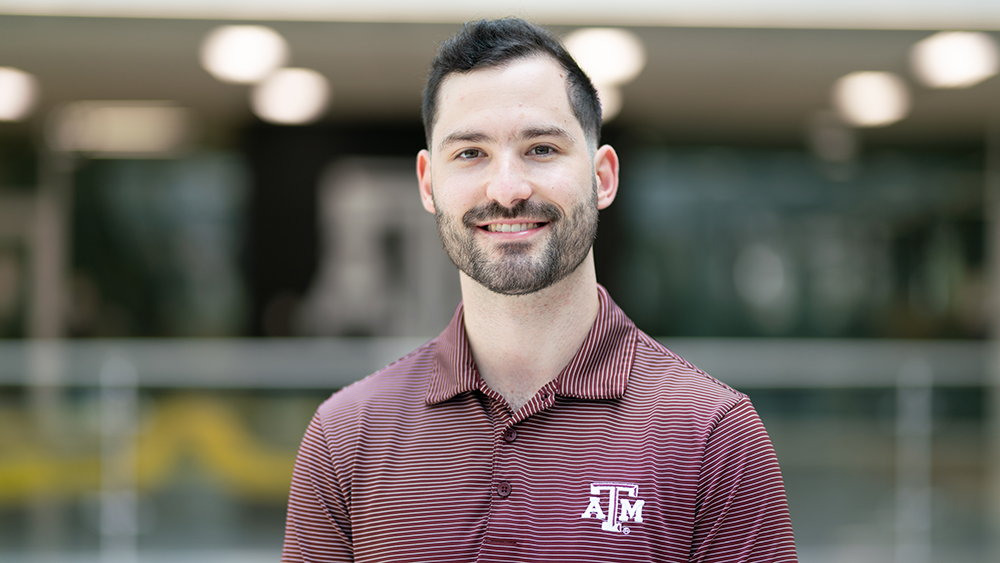
Matija Jankovic is a senior in the Department of Electrical and Computer Engineering at Texas A&M University. He transferred to Texas A&M from the University of Western Australia in Perth, Australia, in fall 2019. Upon moving across the seas – an experience that he described as both nerve-wracking and exciting – he has joined the Texas A&M Undergraduate Research Program and Engineering Honors Program.
Q: Why did you choose to study electrical engineering?
A: I chose to study electrical engineering because I enjoy having the ability to design and build electronic devices that can be utilized in many industries. Also, it is a highly relevant field in the future of technological space and has many different areas of specialization.
Q: What advice would you give to another student looking to transfer to the Texas A&M College of Engineering?
A: I would say to research all the amazing opportunities Texas A&M Engineering has to offer and see whether one of them really appeals to you. These opportunities include research, professional events, industry talks, a large organization base and countless others. If you’re looking for a school that incorporates education and research, while also valuing hands-on experience and the communication aspect of the classroom, you should definitely consider Texas A&M.
Q: How would you describe your undergraduate research project?
A: I have been working in Dr. Roozbeh Jafari’s Embedded Signal Processing Lab (ESP Lab) since my first semester at Texas A&M in fall 2019. Dr. Jafari’s lab was formed to investigate how embedded processing and sensing systems that use advanced signal processing techniques can improve medical care and health care. The ESP Lab has many projects that are multidisciplinary, incorporating the areas of biomedical engineering, computer engineering, computer science and electrical engineering. My particular research concerns a cuffless wearable system that can measure blood pressure continuously. With cardiovascular disease as the leading cause of death worldwide, and high blood pressure being directly correlated to that, this research is highly relevant and has the potential to make a positive impact in this area.
Q: What inspired you to participate in a research project as an undergraduate student?
A: I decided to join the ESP Lab and participate in their research because it was something that I thought would be interesting, innovative and challenging. I also thought it would be a good way to apply the theories and ideas I learned in my coursework to a practical situation. I wanted to engage in an area of electrical engineering that I hadn’t particularly known about and something that wasn’t commonly thought of as an area of electrical engineering. Participating in undergraduate research is also a good introduction to graduate school, so doing this gave me some idea what the research aspect of a Master of Science would look like.
Q: What are your career aspirations and future goals related to your degree?
A: My career aspirations include working in the semiconductor industry and applying the knowledge related to my degree to make a positive impact. I have come to have an interest in wearable systems through my research, so I would like to use the research experience I’m gaining in the ESP lab to further my knowledge in this area. I would eventually like to complete a master’s degree in electrical/electronics engineering.